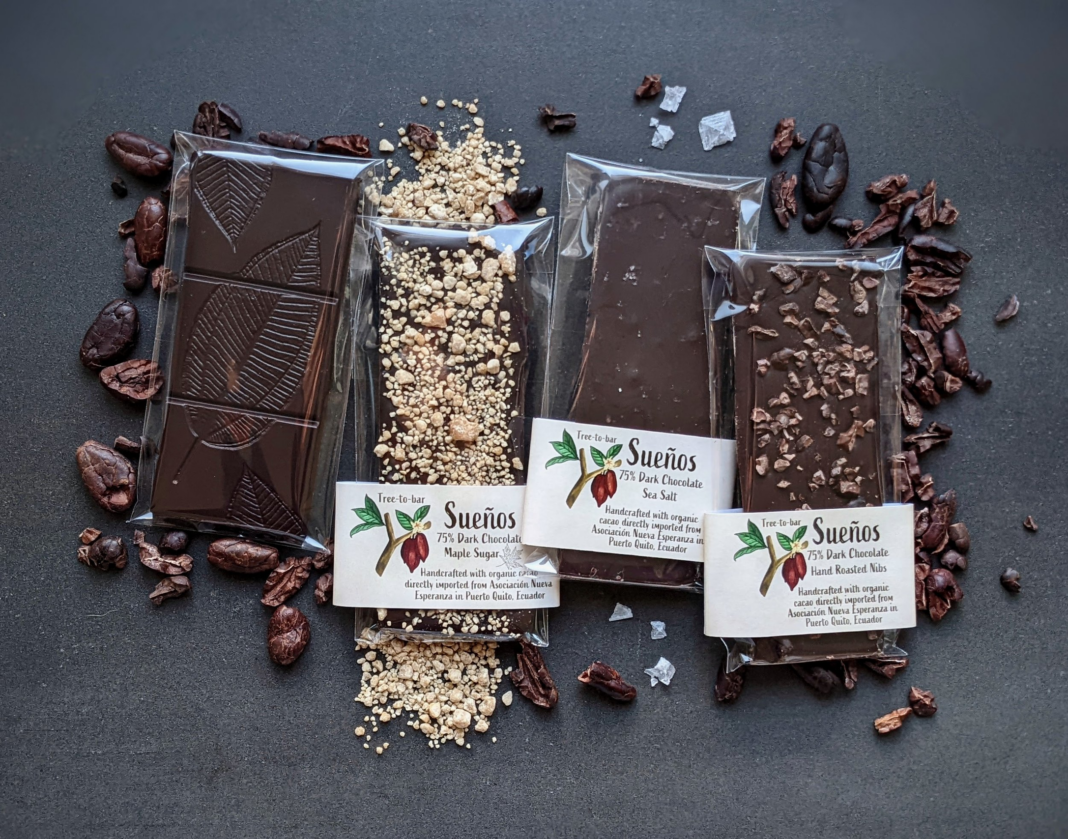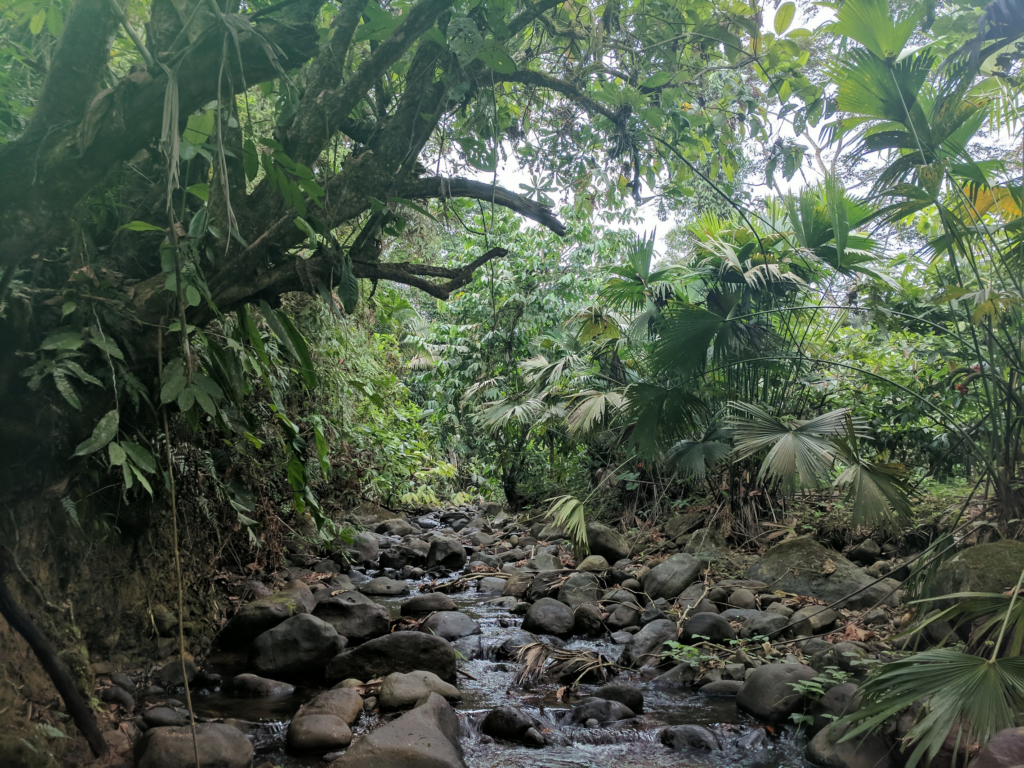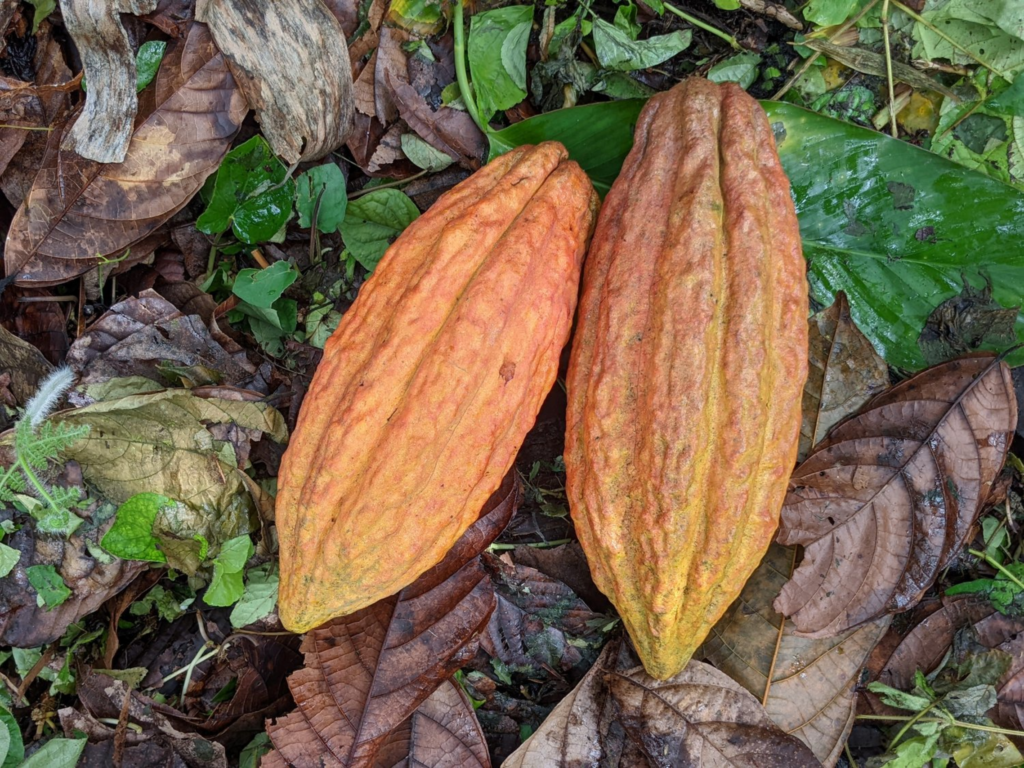Sueños Chocolate supports regenerative cacao farms in Ecuador
Lately, chocolate’s reputation hasn’t been so sweet. From John Oliver calling out the industry’s use of child labor on Last Week Tonight, to Hershey facing a class action lawsuit due to the presence of heavy metals in their products, enjoying chocolate with a clear conscience feels like a thing of the past. Amid all of this commotion, small cacao farms with thoughtful cultivation practices rise above the noise.
Lori Shapiro launched Sueños Chocolates in 2020 with the dream of bringing Ecuador’s heirloom cacao varieties to chocolate lovers in the United States. In 2006, Shapiro lived and worked at Finca Sueños in Puerto Quinto, Ecuador while on a fellowship to further her studies in international agriculture. Here, she saw the difficulties independent cacao farmers faced trying to compete in the export market. Shapiro teamed up with Yamile Roldan, owner of Finca Sueños, to make her chocolate sueños a reality. Sueños Chocolates is based in Watertown and you can find their artisanal bars at a handful of stores and farmers markets around the greater Boston area.
In Ecuador, “Nacional” varieties of cacao make up about 5% of their current crop. Shapiro explains, “‘nacional’ is the umbrella name for Ecuador’s ancient heirloom cacao varieties, and encompasses an immense but poorly documented diversity of flavors.” These cacao varieties are world-renowned for their exceptional aromas and flavors, and their lack of bitterness. Finca Sueños belongs to the Asociación Nueva Esperanza organic cooperative, an organization with the goal of protecting these unique, low-yielding cacao trees.
Puerto Quito is within the UNESCO Chocó Andino Biosphere Reserve, which is one of the most biodiverse regions in the world. The Nueva Esperanza farmers who grow cacao in this region prioritize preserving the region’s natural biodiversity by practicing regenerative agriculture. Nueva Esperanza farmers have planted more than 10,000 native hardwood trees to provide a canopy of shade over their cacao crop, mimicking conditions in which cacao plants originally evolved in the region. Additionally, all Nueva Esperanza farms use organic practices, meaning they use no synthetic pesticides, fungicides, herbicides, or any other agro-chemical. Not only are all of these practices beneficial for the environment, they also yield a higher-quality cacao.





